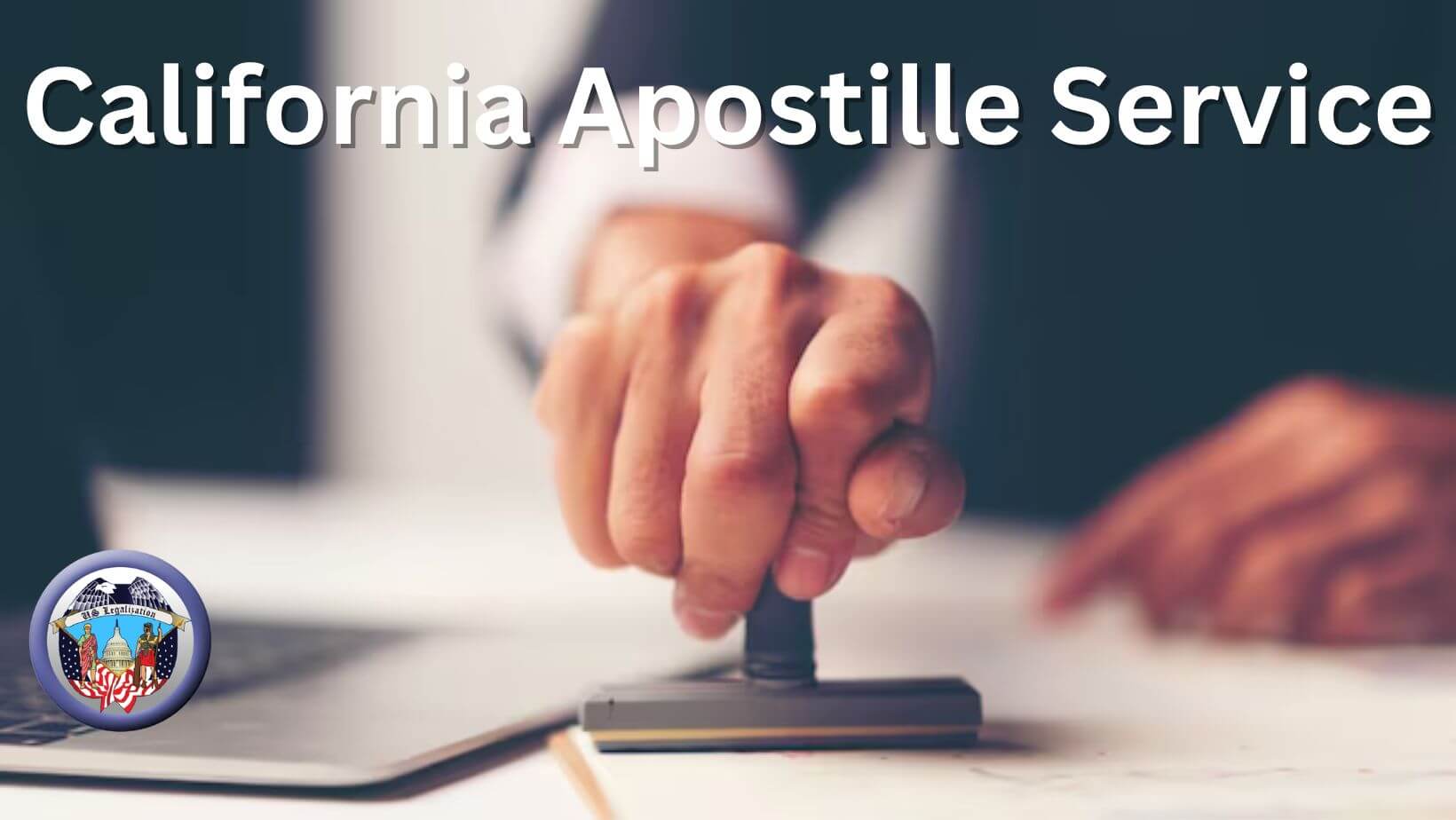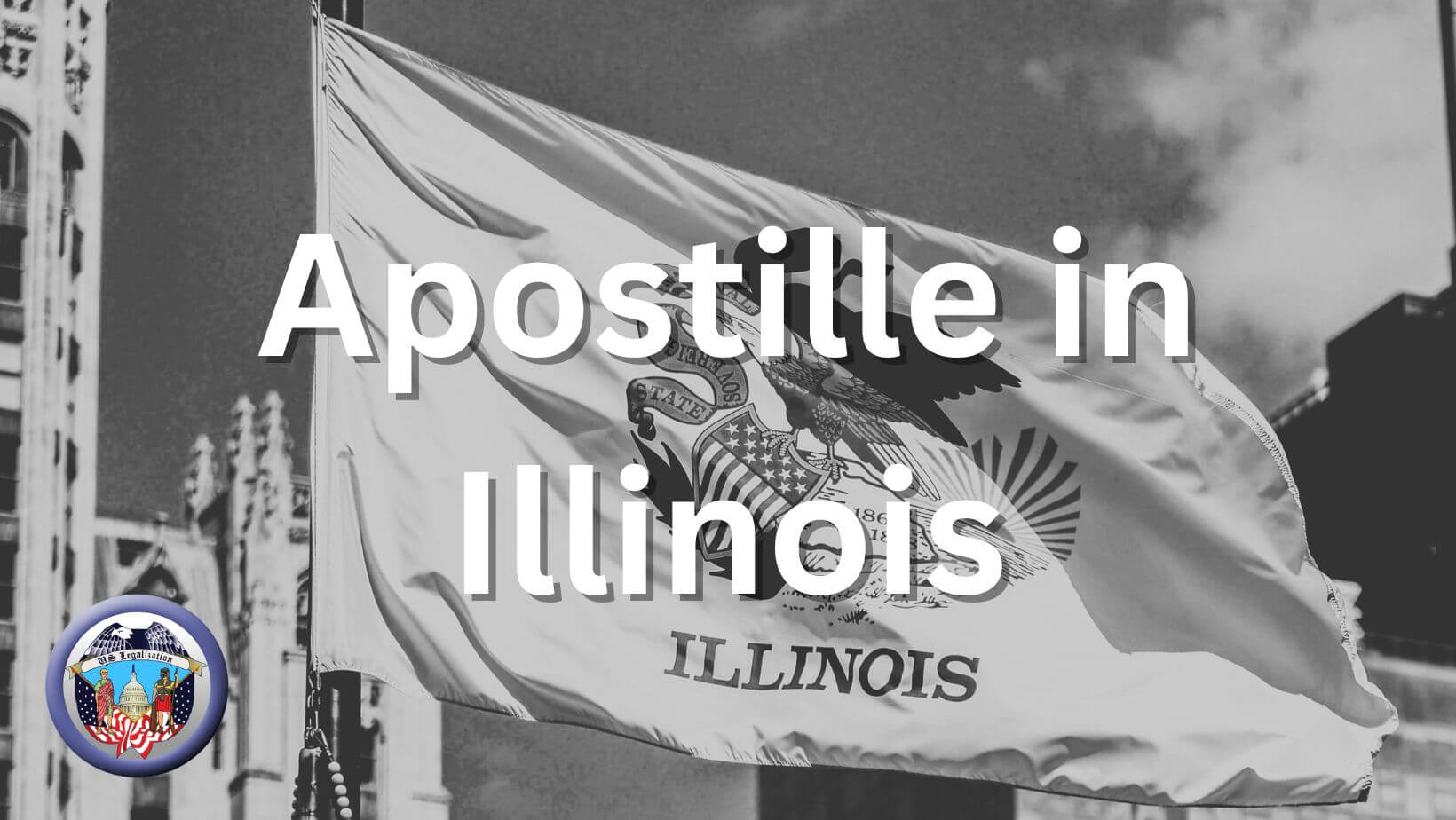Are you planning to travel, work, or further your studies overseas? You’ll need to present important documents that validate your identity, academic achievements, and legal status. The process of legalizing these documents can be challenging, time-consuming, and confusing, especially if you’re not aware of the legal procedures and requirements. Fortunately, California offers authentication and apostille services that make the legalization process easier and smoother. In this blog post, we’ll provide you with a comprehensive guide to Apostille California services, including what it is, how it works, and where to get it.
What is California Authentication?
Authentication is the process of verifying or validating the legal status and authenticity of official documents issued in California. The California Secretary of State’s office has the power to authenticate, certify, or legalize California documents that need to be presented and recognized abroad. The authentication process confirms that a document is genuine and issued by a competent authority in California.
How to Authenticate California Documents?
To authenticate a document in California, you’ll need to follow the state’s procedures and requirements. First, you’ll need to ensure that the document you want to authenticate is an original document or a certified copy issued by the relevant authority in California. Then, you’ll need to complete the California authentication request form, attach a check or money order for the corresponding fees, and send it to the California Secretary of State’s office for authentication. The processing time for authentication can vary depending on the volume of requests and the complexity of the documents.
What is Apostille California?
An apostille is an authentication certificate that’s issued under The Hague Convention of 1961. It’s used to legalize documents for use in countries that are parties to the Convention. California is a signatory to the Hague Convention, which means that its documents can be apostilled for use in over 100 countries that are members of the Convention. The apostille certifies the authenticity of the signature, seal, and capacity of the official who signed the document. It essentially replaces the traditional process of authentication and legalization, making the process faster, easier, and more convenient.
How to Apostille California Documents?
To apostille a document in California, you’ll need to follow a similar process to the authentication process. You’ll need to ensure that the document is an original or certified copy issued by a competent authority in California. Fill in the California Apostille request form, attach a check or money order for the fees, and send it to the California Secretary of State’s office for processing. The processing time for apostille can vary from same-day service to a few days, depending on the volume of requests.
California authentication and apostille services offer an easy and convenient way to legalize your documents for use abroad. With this guide, you can now confidently navigate the tasks ahead of you and correctly identify by the documents that need authentication and apostille. The process of authentication and apostille can be daunting, but California has simplified both processes for individuals who need their documents recognized worldwide. With the information provided in this blog post, you now have the tools to complete your authentication or apostille requests with ease.
Legalization Services
In California, the authentication process involves obtaining an apostille or certification, which verifies the authenticity of your documents. In this blog post, we will discuss everything you need to know about California authentication.
To start, let’s define what authentication is. Authentication is the process of verifying the legitimacy and validity of a document. This can include birth certificates, marriage licenses, academic diplomas, and more. In California, the authentication process involves obtaining an apostille or certification to affirm that the document is legitimate. The Secretary of State’s office in California oversees this process.
The apostille or certification confirms that the document’s signature and seal are genuine. These certificates are signed by the Secretary of State and then authenticated by the U.S. Department of State.
The process for obtaining an apostille or certification in California can be complex, time-consuming, and often requires attention to detail.
Now that we’ve covered the basics of California authentication, let’s discuss some specific topics related to the process. For example, you may be wondering how much it costs to obtain an apostille in California. The fee for a single apostille is $26 per document. This fee applies to most documents, including birth certificates, academic transcripts, and more. However, some documents, such as commercial or corporate documents, may require additional fees.
California Authentication
Another frequently asked question is about processing time. The Secretary of State’s office in California has a standard processing time of around three to four weeks. However, this can vary based on the current workload and may take longer in some cases. If you need your documents authenticated urgently, you might want to consider using an expedited apostille service. These services can help you obtain your apostille more quickly, sometimes within the same day.
In conclusion, California authentication is a necessary process for anyone who needs to verify the legitimacy of their documents for use abroad. While it can be complex and time-consuming, there are ways to make the process more manageable. It’s always a good idea to work with a professional authentication company or use an expedited service to help ensure the accuracy and efficiency of the process. Keep in mind that certain documents may require additional steps, such as certification by the California Department of Public Health.




